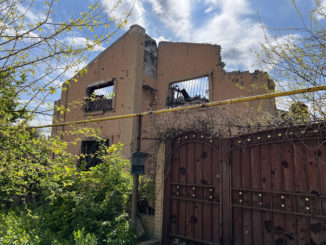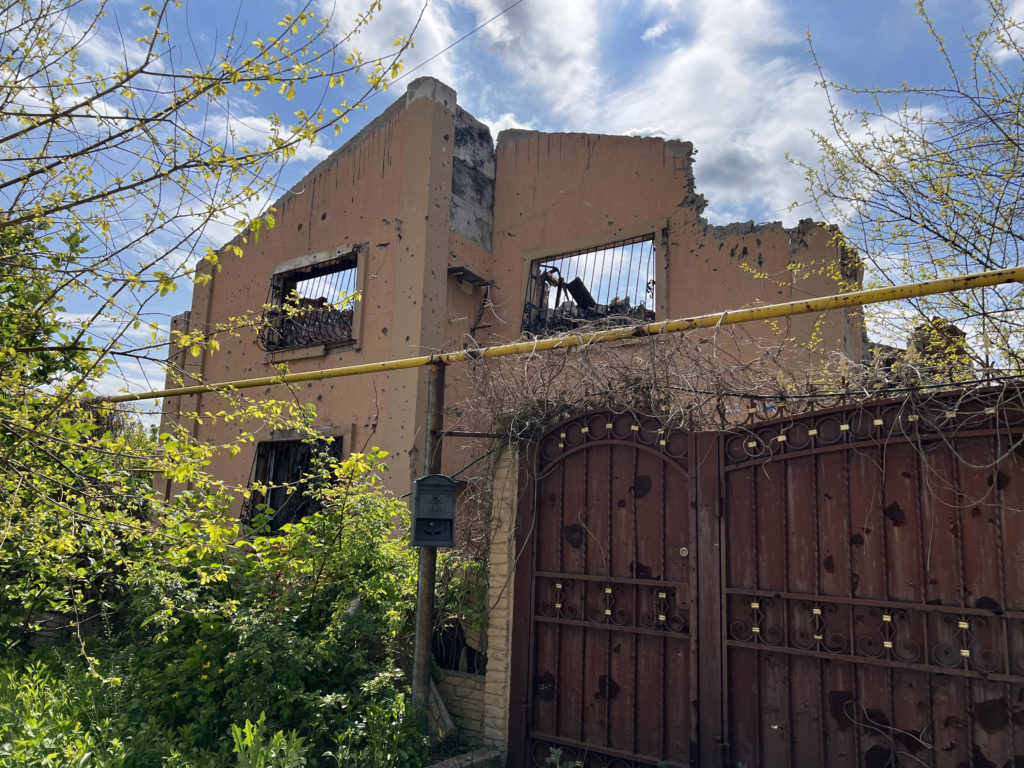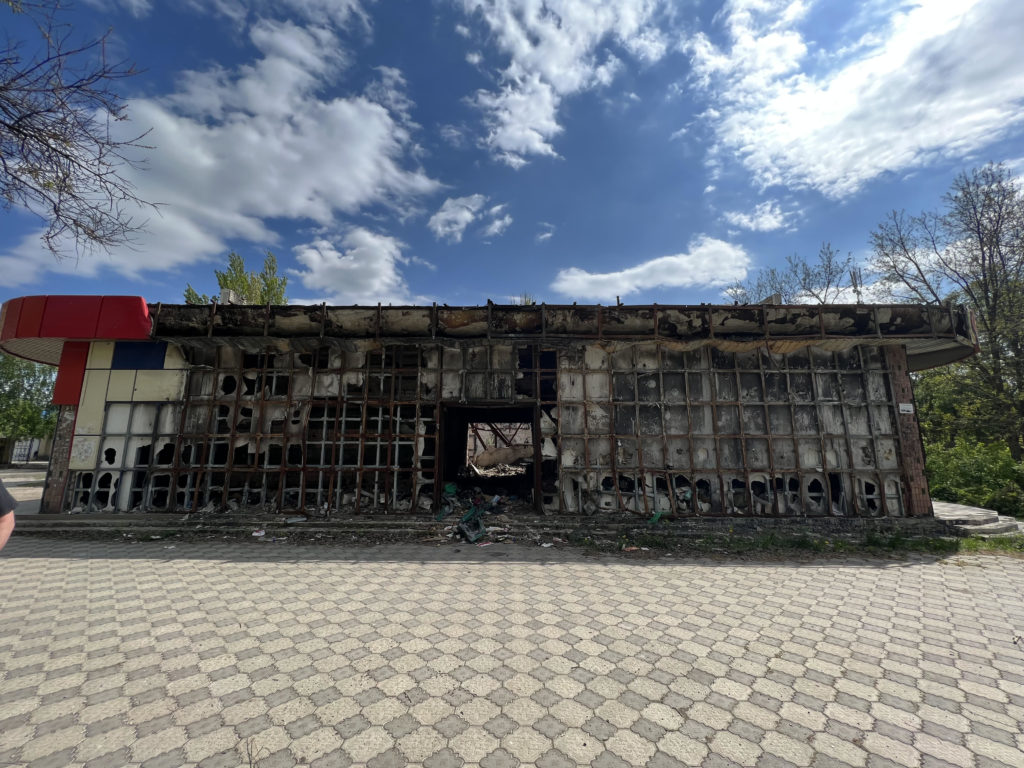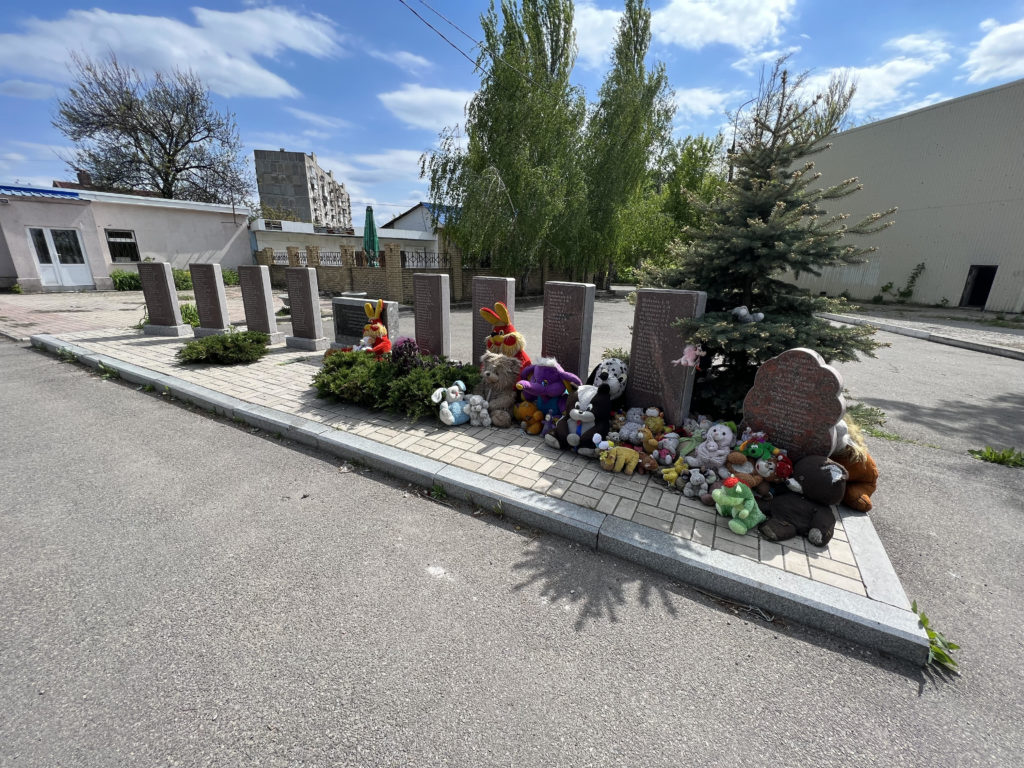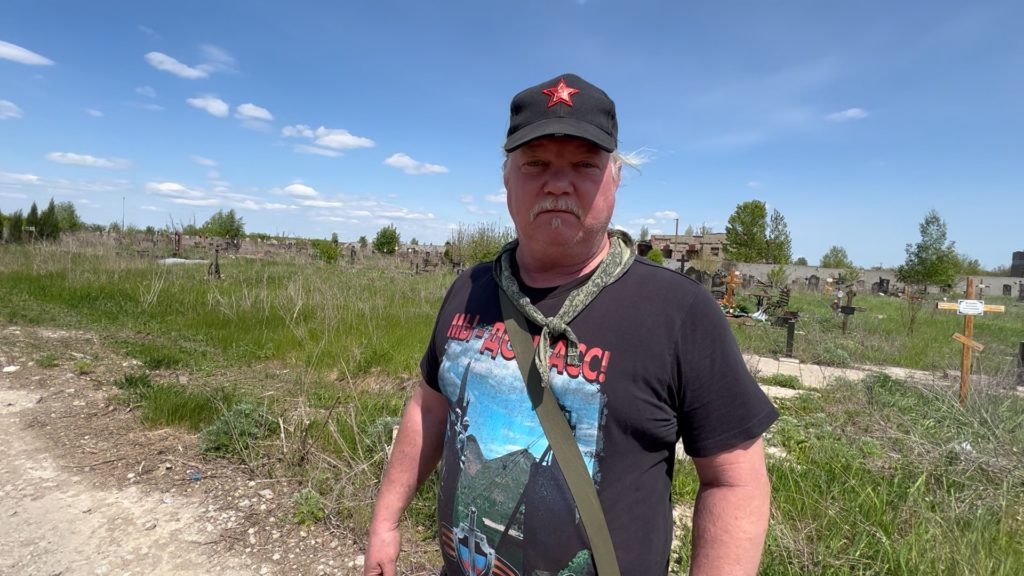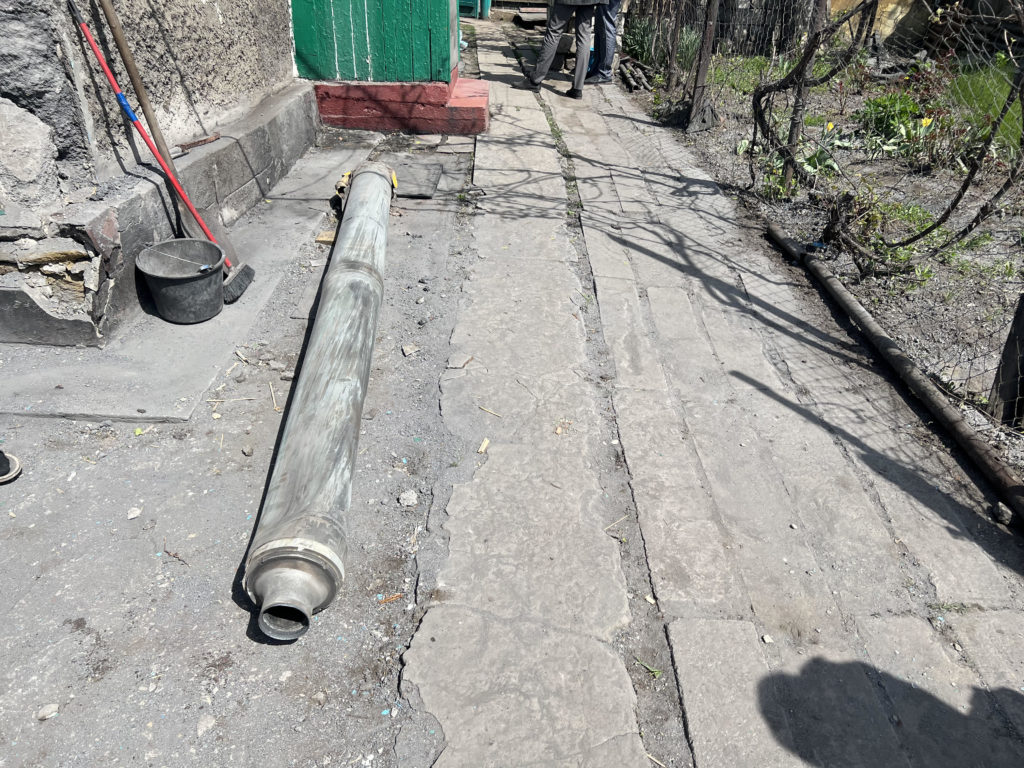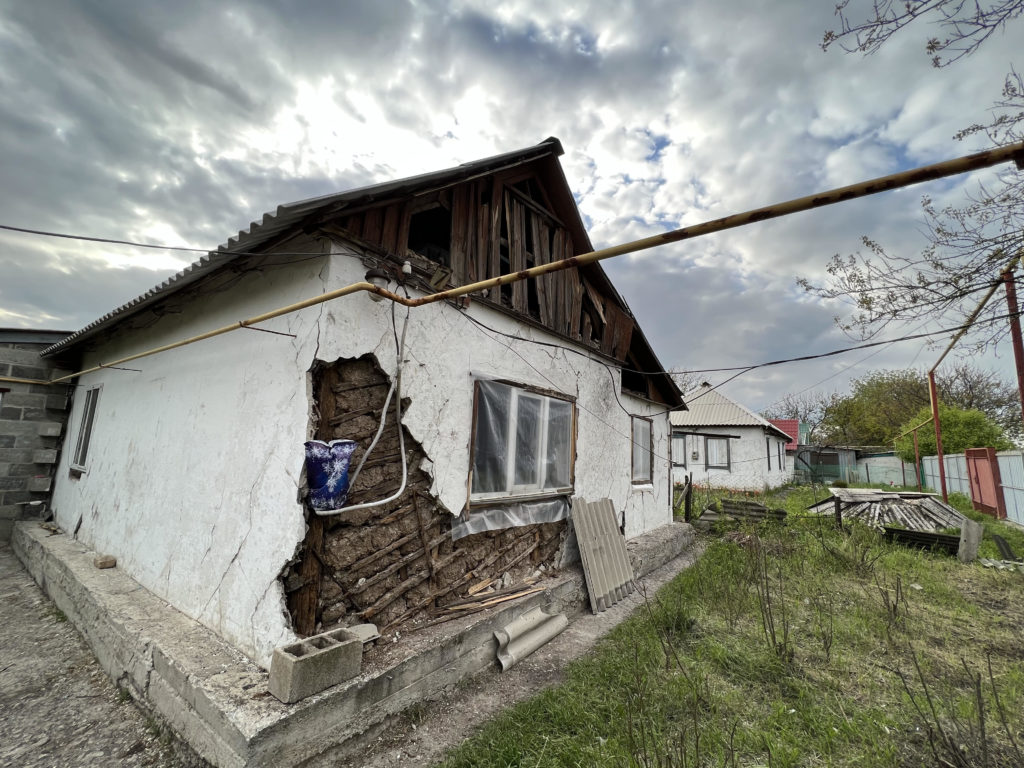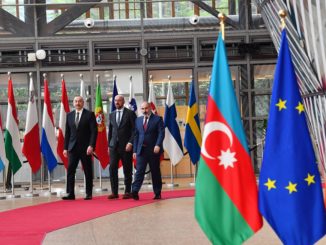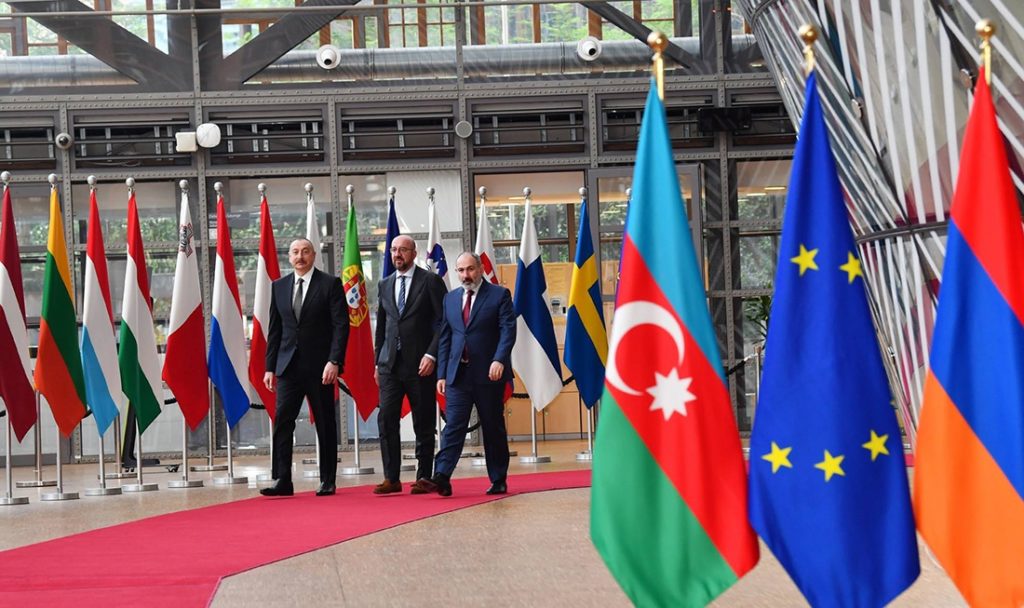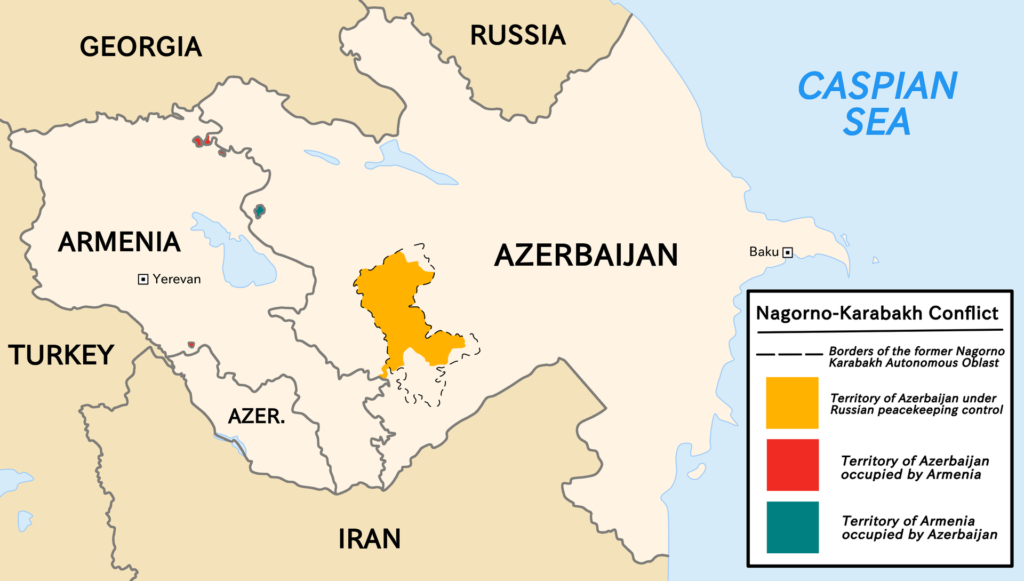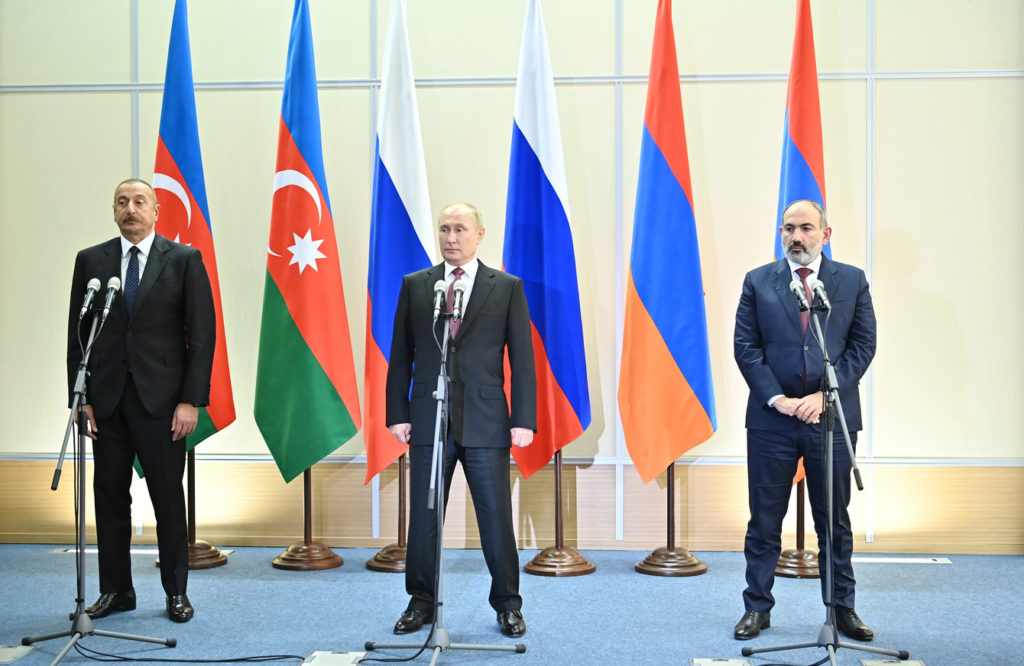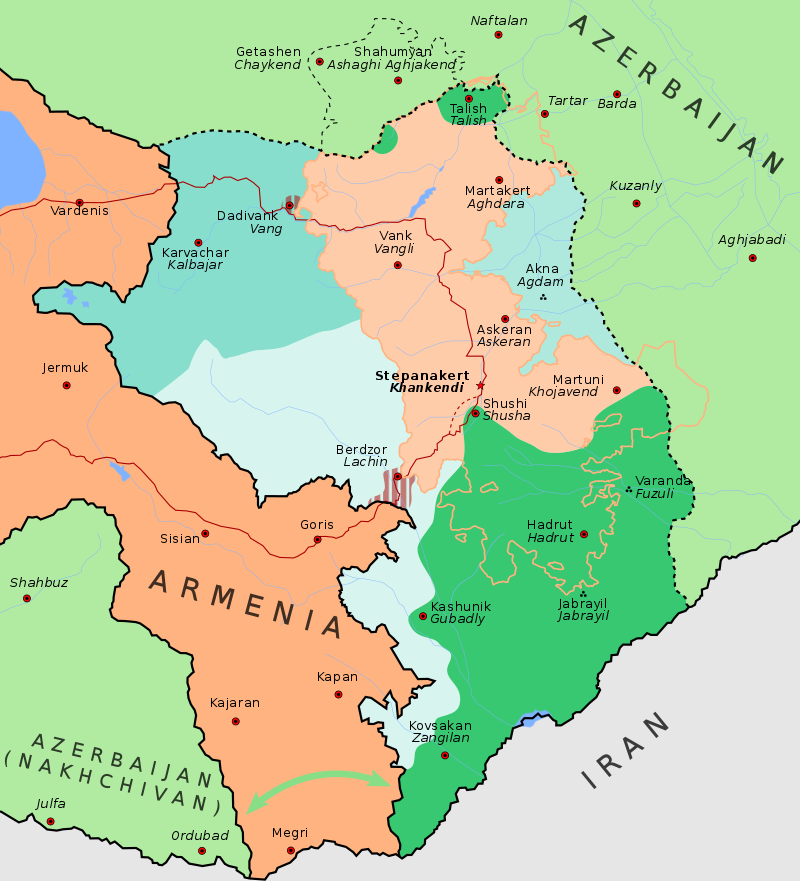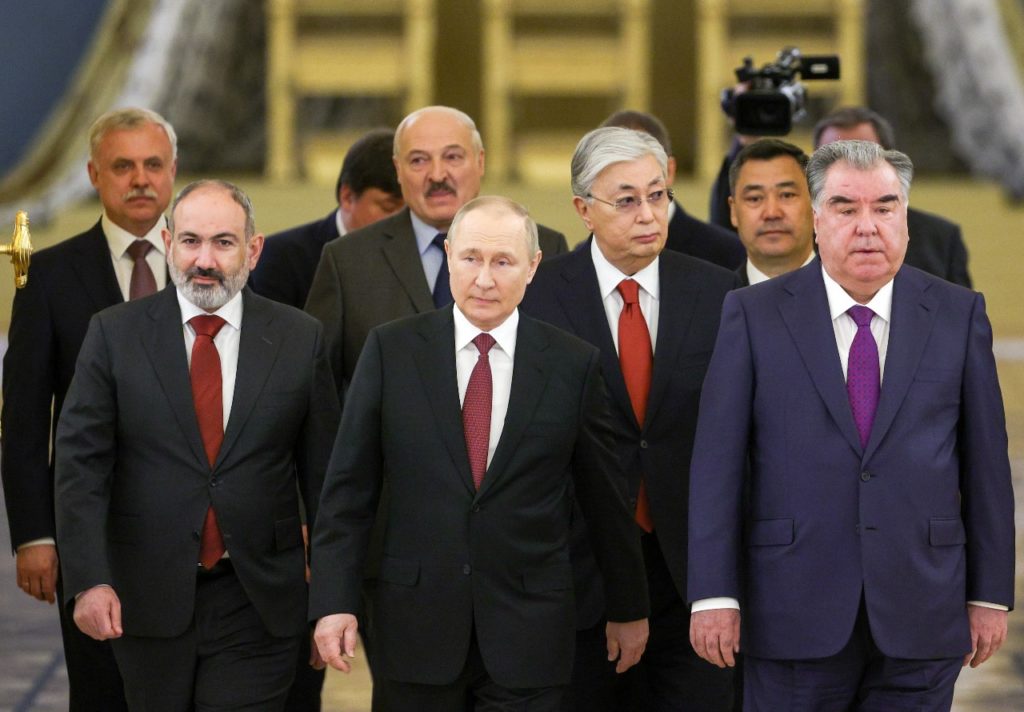
As the North Atlantic Treaty Organization (NATO) broadens into Finland and Sweden, and the U.S.-dominated alliance continues to arm Ukraine, members of the Russia-led Collective Security Treaty Organization (CSTO) have refused to support Moscow’s “special military operation.” Kremlin allies such Armenia, Kazakhstan, Kyrgyzstan and Tajikistan have continued with their neutral stance on the three-month war, while Belarus openly supports the intervention.
On May 16, CSTO member countries held a summit in Moscow, marking the 30th anniversary of the organization, which could play a significant role if the situation in Central Asia deteriorates.
According to Kazakhstani President Kassym-Jomart Tokayev, CSTO needs to consider all potential threats and pay more attention to ensuring the security of the sensitive region.
Ukraine War Overshadows Central Asian Conflict
Reports suggest Tajikistani forces recently launched an anti-terrorist operation against anti-government militants in the Gorno-Badakhshan Autonomous Province, which borders Afghanistan, Kyrgyzstan and China. Prior to those clashes, the Islamic State-Khorasan (IS-K) group reportedly fired rockets from Afghanistan into Tajikistan.
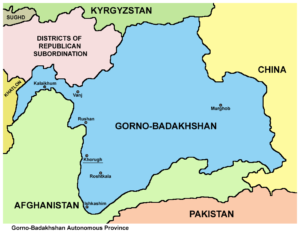
“Given the current security situation in northern Afghanistan, I anticipate that these reported rocket attacks will not be the last cross-border attacks from IS-K,” Brent Hierman, a professor of international studies and political science at Virginia Military Institute, told Toward Freedom. “Since the Tajikistani government fully denies the event, we are left with a pretty unclear picture of what may have occurred and what IS-K was targeting. However, it is the case that IS-K is trying to recruit Central Asians—especially Tajiks and Uzbeks—while also undermining Taliban claims on northern Afghanistan.”
In his view, Russian security concerns with regard to Tajikistan are overshadowed by its war in Ukraine.
However, a potential destabilization of Tajikistan could have a serious impact on Russia, given Moscow’s military base.
“Russian forces in Tajikistan, which used to be called the 201st Motor Rifle division, have long been used to secure the country’s southern border. Some of the troops stationed there have been sent to the war in Ukraine, although it is unclear how many,” said Heirman, emphasizing that Tajikistan’s border with Afghanistan is more vulnerable now as a consequence.
At the same time, Tajik authorities are faced with hostilities in Gorno-Badakhshan, which complicates the situation. Heirman, however, does not expect CSTO to intervene in Tajikistan, even though some Kyrgyz experts believe the Moscow-led military bloc could soon deploy troops to the Central Asian nation.
“For more than a decade, Tajik authorities have been attempting to centralize control, and especially gain dominance over access to profitable revenue sources in Gorno-Badakhshan. The recent events are rooted in this effort,” Heirman stressed, pointing out that clashes in the region have a domestic source, although the government has framed them as terror threats.
The Kazakhstan Question
It is worth remembering that the violent mass protests in Kazakhstan, which broke out in early January, also had a domestic source. Nevertheless, CSTO deployed some 2,000 troops to the energy-rich country, and helped Tokayev stay in power. It is widely believed that what happened in Kazakhstan was a coup attempt. Now, some Chinese experts claim that the CSTO will soon have to deal with the emerging threats of terrorism and color revolutions. How likely is another “color revolution” attempt in Kazakhstan?
“If Chinese analysts believe there will be an emerging threat of terrorism, I would assume this would be a Western-sponsored terror threat,” Hrvoje Moric, a global perspectives teacher at Nazarbayev Intellectual Schools in Kazakhstan, told Toward Freedom. “The United States and Europe together with Gulf countries have been arming, training, and financing terrorists for decades. There is a new lawsuit implicating U.S.-ally Qatar as a sponsor of ISIS. This is a recent example, but is really nothing new.”
Moric, who has lived in Kazakhstan for three years, believes that the Kremlin’s ally will remain in Moscow’s geopolitical orbit, and will not abandon the Russia-led Eurasian Union and CSTO. Moreover, he expects Kazakhstan to participate in potential CSTO missions abroad.
CSTO’s Role in Ukraine
Moscow claims that Ukrainian forces have attacked Russian territory on several occasions, destroying oil depots and other important infrastructure facilities in the Russian Federation. According to Article 4 of the CSTO Treaty, “an act of aggression (an armed attack that threatens security, stability, territorial integrity and sovereignty) against one of the member states will be considered as a collective act of aggression on all member states of the CSTO.”
Why has CSTO never reacted to protect Russia?
“From a legal point of view, Russia did not declare the war. It didn’t even declare mobilization or martial law. Thus, it is difficult for Russia to apply to CSTO,” Benyamin Poghosyan, chairman of the Center for Political and Economic Strategic Studies in Yerevan, Armenia, told Toward Freedom. “Besides legal issues, there are also political ones. If Russia applies to CSTO for help, it will admit that it is not able to overcome Ukraine resistance, which will constitute a severe blow to the Russian image.”
In May 2021, Armenia formally asked CSTO to intervene against Azerbaijan’s alleged incursion. The Kremlin, however, ignored Yerevan’s requests. As a result, during the recent CSTO summit, Armenian Prime Minister Nikol Pashinyan, openly criticized the bloc, and even accused its allies of selling weapons to Azerbaijan.
“Russia does not view Azerbaijan as an enemy, and is interested in increasing its influence in Baku,” Poghosyan explains. “Simultaneously, Russia competes with Turkey in Azerbaijan. Ankara significantly increased its influence in the country as a result of the 2020 Karabakh war. Moscow understands very well that any military clashes with Azerbaijan will ruin its relations with Baku, and will turn Azerbaijan into another Georgia for Russia.”
In 2008, Russia fought a brief war against neighboring U.S.-backed Georgia. Back then, Russian CSTO allies de facto supported the Kremlin’s actions in the Caucasus nation.
The coming months will show if Russia can manage to consolidate its position in the CSTO, with its nominal allies “picking a side,” or if the organization will remain a club whose members share very few common interests.
Nikola Mikovic is a Serbia-based contributor to CGTN, Global Comment, Byline Times, Informed Comment, and World Geostrategic Insights, among other publications. He is a geopolitical analyst for KJ Reports and Enquire.

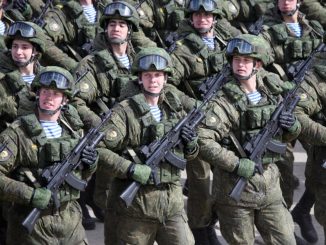
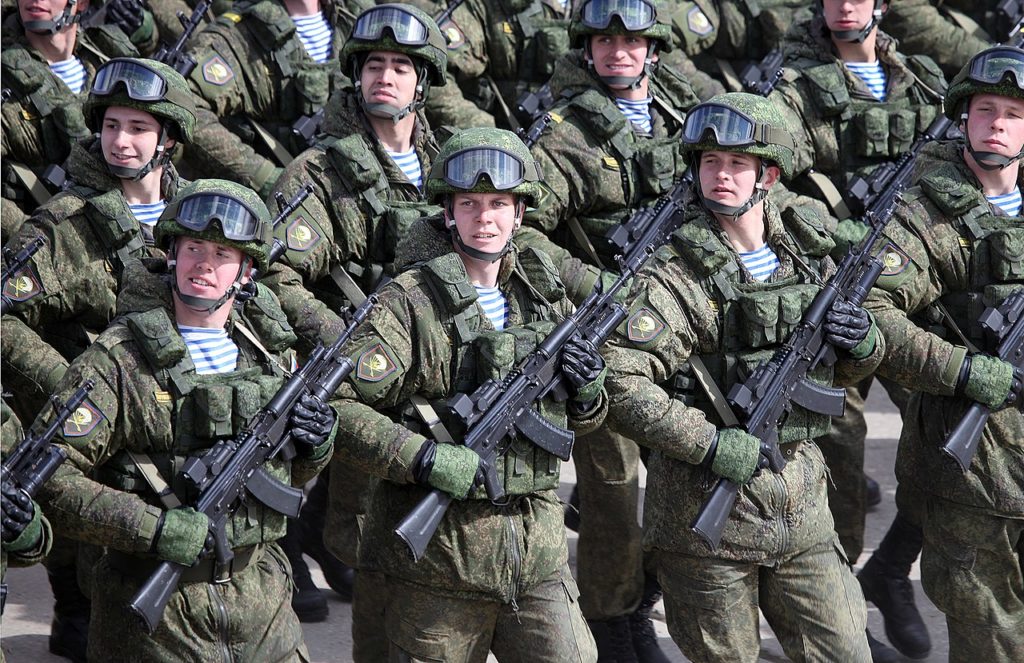
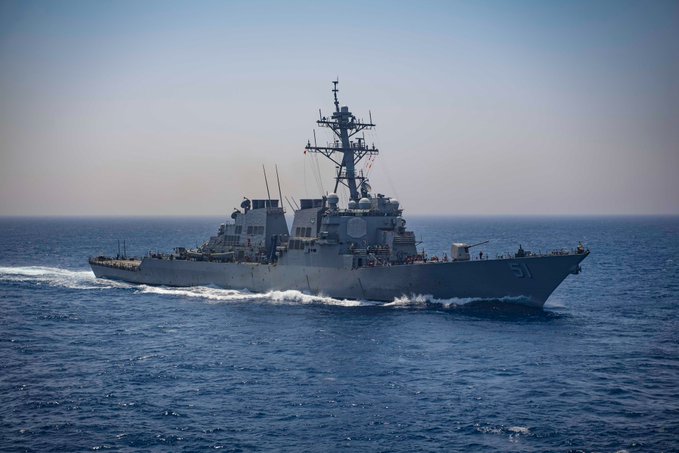

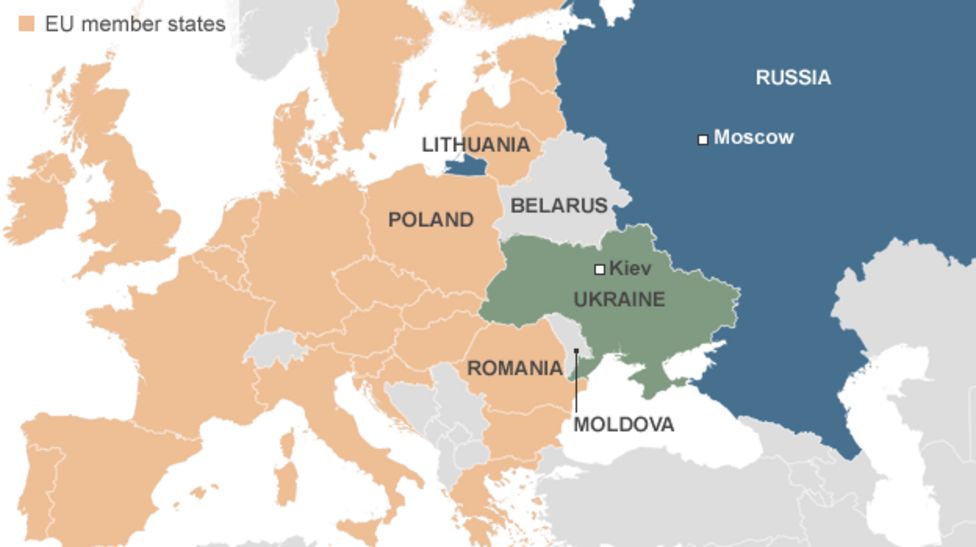
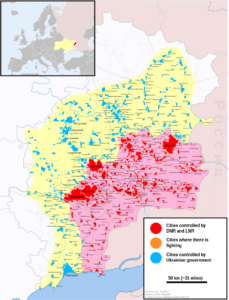
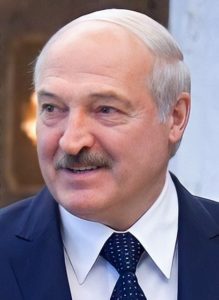 Belarusian President Alexander Lukashenko, on the other hand, openly
Belarusian President Alexander Lukashenko, on the other hand, openly 